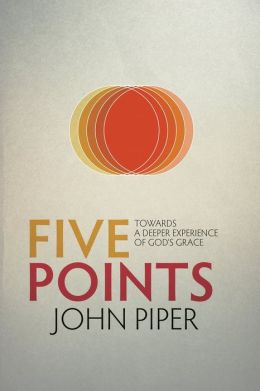 Roy Porter, The Enlightenment (Palgrave Macmillan, 2001). With 70 pages of text, this is meant to be a very brief introduction to the big ideas of the Enlightenment. Porter, one of the foremost experts on the time period, understands the Enlightenment “as precisely that point in European history when, benefiting from the rise of literacy, growing affluence, and the spread of publishing, the secular intelligentsia emerged as a relatively independent social force” (10). Unlike some of the older literature, Porter does not see the Englightenment in a “pitched battle against religion” (670), but he still presents the 18th century as largely vanquishing traditional religion.
Roy Porter, The Enlightenment (Palgrave Macmillan, 2001). With 70 pages of text, this is meant to be a very brief introduction to the big ideas of the Enlightenment. Porter, one of the foremost experts on the time period, understands the Enlightenment “as precisely that point in European history when, benefiting from the rise of literacy, growing affluence, and the spread of publishing, the secular intelligentsia emerged as a relatively independent social force” (10). Unlike some of the older literature, Porter does not see the Englightenment in a “pitched battle against religion” (670), but he still presents the 18th century as largely vanquishing traditional religion.

 Gary Millar and Phil Campbell, Saving Eutychus: How to Preach God’s Word and Keep People Awake (Mathias Media, 2013). Easy to read, humorous, full of good reminders and some fresh suggestions too. I didn’t agree with every jot and tittle in the book—what preacher agrees with everything in someone else’s preaching book?—but I came away more aware of my weaknesses and with some new ideas to implement. Preachers will be helped by this book. Congregations should be pleased.
Gary Millar and Phil Campbell, Saving Eutychus: How to Preach God’s Word and Keep People Awake (Mathias Media, 2013). Easy to read, humorous, full of good reminders and some fresh suggestions too. I didn’t agree with every jot and tittle in the book—what preacher agrees with everything in someone else’s preaching book?—but I came away more aware of my weaknesses and with some new ideas to implement. Preachers will be helped by this book. Congregations should be pleased.
 Charles R. Kesler, I Am the Change: Barack Obama and the Future of Liberalism (Broadside, 2012). Whether you like President Obama’s policies or not, this is a terrific book to get the conversation started. Kesler is a conservative and critical of Obama, but the Distinguished Professor from Claremont McKenna College has not written a slash and burn piece. In fact, as Kesler shows the antecedents of Obama’s policies in Woodrow Wilson, FDR, and LBJ, many liberals will nod in agreement. What’s more controversial is Kesler argument that progressivism asserts “the supremacy of public over private goods, of politics over economics, of statesmanship over the moneymaking arts” (47) and his critique of the movement for “this confusion of morality with history and this blindness to human nature and natural rights” (102).
Charles R. Kesler, I Am the Change: Barack Obama and the Future of Liberalism (Broadside, 2012). Whether you like President Obama’s policies or not, this is a terrific book to get the conversation started. Kesler is a conservative and critical of Obama, but the Distinguished Professor from Claremont McKenna College has not written a slash and burn piece. In fact, as Kesler shows the antecedents of Obama’s policies in Woodrow Wilson, FDR, and LBJ, many liberals will nod in agreement. What’s more controversial is Kesler argument that progressivism asserts “the supremacy of public over private goods, of politics over economics, of statesmanship over the moneymaking arts” (47) and his critique of the movement for “this confusion of morality with history and this blindness to human nature and natural rights” (102).
Elesha J. Coffman, The Christian Century and the Rise of the Protestant Mainline (Oxford University Press, 2013). This is a fascinating, well researched, and well crafted look at the rise (and fall) of the Mainline as exemplified in the rising (and mostly non-existent) fortunes of its leading periodical, The Christian Century. You’ll get from Coffman all the interesting bits about the inner workings of the Century, and how much they wanted to take down Billy Graham, and how nervous they were about the launching of Christianity Today. Here’s the money line from the book—which, incidentally, serves as a wise warning for any of us tempted to exaggerate our own influence: “The mainline amassed remarkable achievements, but reality could never quite match the movement’s confident rhetoric, largely because the resolutely forward-looking mainline leaders too seldom glanced over their shoulders to see if anyone was following them” (3).


















